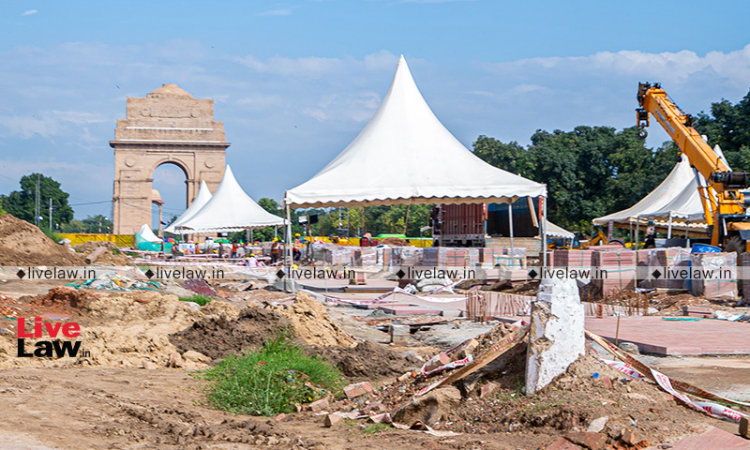Is Central Vista Work Major Cause Of Delhi Air Pollution? Supreme Court Seeks Centre's Response
Srishti Ojha
29 Nov 2021 9:12 PM IST

Next Story
29 Nov 2021 9:12 PM IST
While hearing a matter related to the air quality crisis in Delhi, the Supreme Court on Monday sought the response of the Central Government to the allegation that construction works for the Central Vista Redevelopment Project was a major cause of air pollution.Senior Advocate Vikas Singh, appearing for the petitioner, submitted before a bench led by the Chief Justice of India NV Ramana that...
